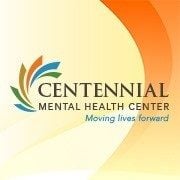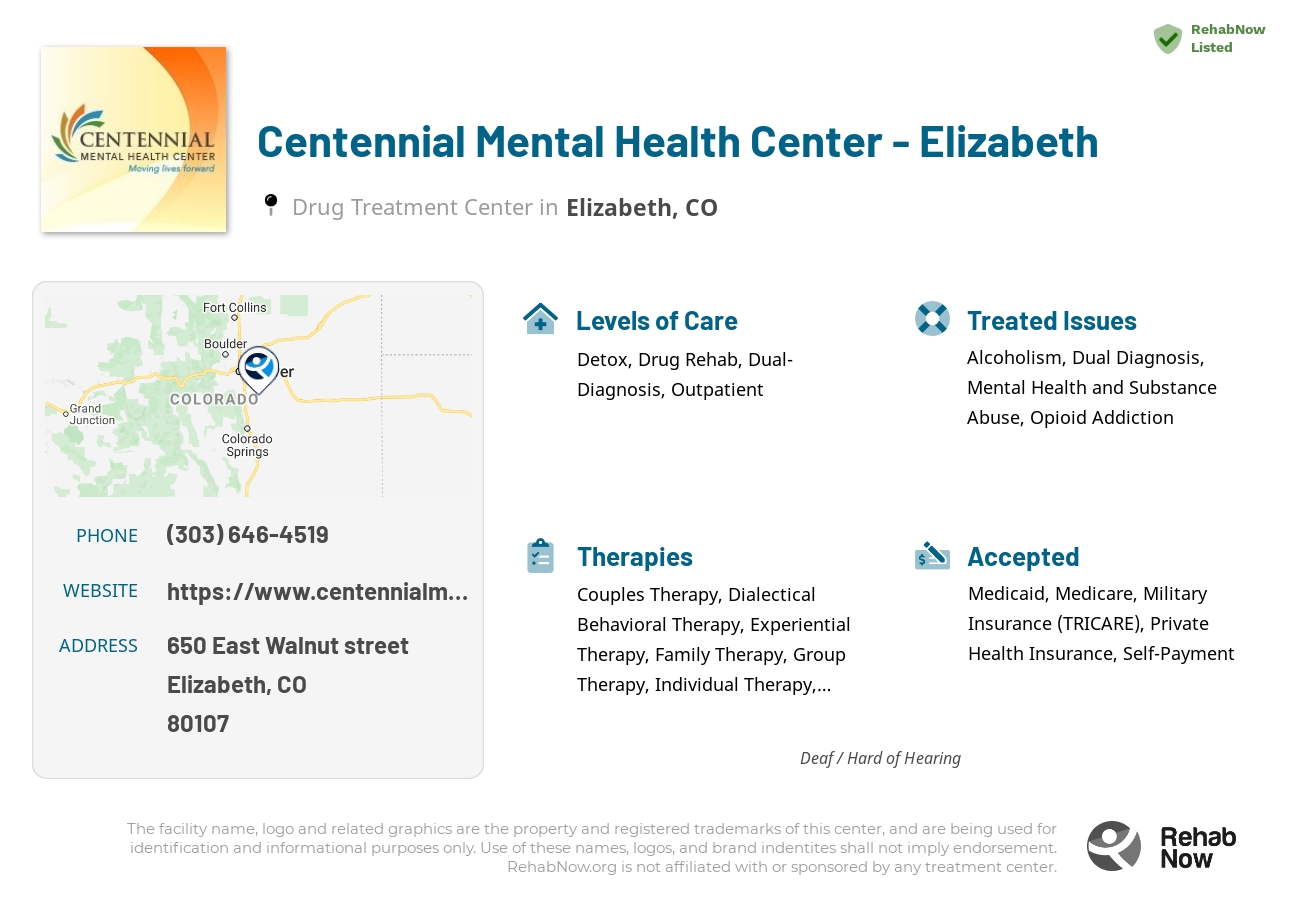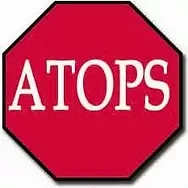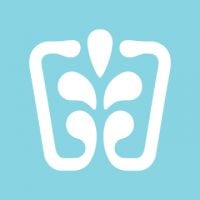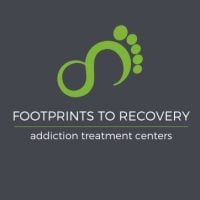Centennial Mental Health Center - Elizabeth
Drug Rehab Center in Elizabeth, Colorado
Centennial Mental Health Center in Elizabeth, Colorado provides comprehensive treatment for individuals struggling with alcohol and drug abuse, offering therapy, detox, rehab, dual diagnosis, and long-term treatment, as well as couples, family, and trauma therapy, and cognitive behavioral therapy (CBT), accepting private health insurance and providing a safe, supportive environment for recovery and long-term changes that positively affect lives.
About This Colorado Facility
Centennial Mental Health Center in Elizabeth, Colorado offers a comprehensive treatment program for individuals struggling with alcohol and drug abuse. Individuals are provided with individual and group therapy, detoxification, drug rehab, dual diagnosis, and residential long-term treatment (greater than 30 days). The center also offers couples, experiential, family, nicotine replacement, and trauma therapy, as well as cognitive behavioral therapy (CBT). By accepting private health insurance and offering a wide range of services, Centennial Mental Health Center is able to provide quality care and support to individuals that may be struggling with substance abuse.
Centennial Mental Health Center provides a safe, supportive environment for individuals and their families who seek to overcome addiction. The experienced and compassionate staff strive to create a plan for each individual that will best fit their needs, and help them make long-term changes that will positively affect their lives. The recovery process begins with detoxification, which allows the individual to clear their body of substances, followed by rehabilitation that focuses on equipping individuals with the resources, tools, and coping mechanisms they need to prevent relapse and live a healthy, substance-free life.
Genders
Ages
Modality
Additional
Conditions and Issues Treated
Opioid addiction is the result of repeated use, or abuse, of opioid drugs. It is recommended for people who are dependent on opioids, or who have a high risk for dangerous health concerns, to seek professional treatment. Treatment plans usually include behavioral therapy and medication-assisted treatment.
Opioid drugs include: fentanyl, heroin, methadone, oxycodone, and oxymorphone.
Opioid addiction treatment is beneficial for:
- People who have a history of severe withdrawal.
- People with a high risk for dangerous health concerns.
- People having difficulty overcoming opioid addiction on their own.
There are different kinds of Dual Diagnosis:. A person who simultaneously experiences both a mental illness and an addiction disorder. Or, a person who experiences one or more coexisting (simultaneous) mental health conditions in addition to a primary substance use disorder.
The treatment requires a multi-disciplinary approach, it’s crucial for individuals to partner up with a healthcare provider who understands all the recovery components.
Levels of Care Offered at Centennial Mental Health Center - Elizabeth
This center offers a variety of custom treatment tailored to individual recovery. Currently available are Detox, Drug Rehab, Dual-Diagnosis, Outpatient, with additional therapies available as listed below.
Detox is the stage of recovery where the drugs or alcohol are entirely removed from your body. There are two different ways to detox, with medications and without. For many drugs and alcohol, the acute phase of detox can be completed in a number of days.
The outpatient programs in Elizabeth, CO are for those addicted drugs or alcohol. The goal of the outpatient rehabilitation program is to make them stop abusing drugs or alcohol, reduce drug use or addictive behaviors, and become entirely sober. It is generally required to attend the outpatient program for 10-12 hours every week.
Patients can be administered on-the-spot medication to ease withdrawal symptoms such as anxiety, increased heart rate, and even depression. Groups such as Alcoholics Anonymous (AA) and Narcotics Anonymous (NA) can be used as a part of outpatient treatment to help maintain sobriety.
Therapies & Programs
People in addiction recovery can benefit from individual therapy. This type of therapy involves meeting with a therapist one-on-one. This allows for a personal and trusting relationship to be built so that the patient can be truly themselves and express any emotions they feel. Individual therapy leads to greater understanding and peace about your triggers for addiction and coping strategies to prevent relapse.
Couples therapy for drug addiction is based on the belief that addiction is a family disease. Everyone involved with an addict, not just the addict themselves, is affected by their behavior and the changes the addict goes through. The relationship also changes the addict’s significant other and has likely picked up some codependent behaviors. Codependency is a term used to describe a person obsessed with another person and their needs and feelings while neglecting their own. Addicts are usually people-pleasers, so it is understandable how one can become codependent in relationships with addicts.
Family therapy is a type of group problem-solving that aims to improve communication and relationships between the patient, their family, and sometimes friends. The main goal of family therapy for drug addiction is to create an environment where communication can occur without judgment, hostility, or blame. The therapist is with the family as they learn to communicate with each other differently, especially with the addict when s/he is using.
Group therapy sessions are held in rehab facilities, clinics, churches or community centers that offer drug addiction treatment. People who attend these groups are encouraged to voice their feelings and support other addicts in recovery. This helps group members strengthen their own recovery program while cheering on others who are struggling with sobriety.
Group therapy sessions provide recovering addicts with a chance to cope with everyday situations that many face. Group therapy sessions are held in rehab facilities, clinics, churches or community centers that offer drug addiction treatment.
People who attend these groups are encouraged to voice their feelings and support other addicts in recovery. This helps group members strengthen their own recovery program while cheering on others who are struggling with sobriety.
If you’re looking for addiction treatment, it’s important to find a facility that offers trauma therapy. This type of therapy helps people process and understand the past traumas that have led to their addiction. Trauma therapists will work with clients to help them understand their past and present relationships and show them that they are worthy of love. This therapy is typically done using visualization, discussion, and writing down thoughts and feelings.
Trauma Therapy is a form of therapy that involves working with a patient to help them process and understand the past trauma(s) in their life. This therapy is typically done using techniques such as visualization, discussion, and writing down thoughts and feelings. The main goals of trauma therapy is to help clients express their emotions and talk about what they are feeling.
Dialectical Behavior Therapy (DBT) is a form of cognitive-behavioral therapy that helps people understand how they connect their thoughts, behaviors, and feelings. It can give them more control over their actions, effectively stopping self-harm ideations and attempts in some patients. It also helps put those with borderline personality disorder into control for managing mental struggles.
A new study has shown that DBT works for those with self-harm behaviors and addictions by giving them therapy they can relate to and understand.
Cognitive Behavioral Therapy (CBT) helps addicts identify faulty, negative thinking so that they can work together with the therapist to find healthier ways of thinking. CBT focuses on specific aspects of each person’s thinking, feeling, physiology, and behavior. It aims to identify specific problems in these areas, and create a personalized treatment strategy.
Patient Experience
Experiential Therapy at Centennial Mental Health Center - Elizabeth
Experiential Therapy allows addicts to release emotions in a safe environment. The process involves addicts painting their feelings and releasing them on a canvas. LPE – Love, Peace, and Equilibrium is one of the most popular forms of experiential therapy.
Payment Options Accepted
For specific insurance or payment methods please contact us.
Is your insurance accepted?
Ask an expert, call (888) 674-0062
Centennial Mental Health Center Associated Centers
Discover treatment facilities under the same provider.
- Centennial Mental Health Center - Fort Morgan in Fort Morgan, CO
- Centennial Mental Health Center - Yuma in Yuma, CO
- Centennial Mental Health Center - Wray in Wray, CO
- Centennial Mental Health Center - Administration in Sterling, CO
- Centennial Mental Health Center - Limon in Limon, CO
Learn More About Centennial Mental Health Center Centers
Additional Details
Specifics, location, and helpful extra information.
Elizabeth, Colorado 80107 Phone Number(303) 646-4519 Meta DetailsUpdated November 25, 2023
Staff Verified
Patient Reviews
There are no reviews yet. Be the first one to write one.
Elizabeth, Colorado Addiction Information
The Centennial State has slipped to a ranking of 12th in the country for drug abuse. Each year around 24% of the state's population uses illegal drugs while nearly 5% of its population abuses alcohol. Substance-related deaths in Colorado were responsible for 15.12% between 2008 and 2017. Fortunately, Colorado drug and alcohol addiction treatment are available to help a person overcome addiction.
Treatment in Nearby Cities
- Louisville, CO (51.6 mi.)
- Black Hawk, CO (56.8 mi.)
- Aurora, CO (28.7 mi.)
- Centennial, CO (21.6 mi.)
- Fort Lupton, CO (51.7 mi.)
Centers near Centennial Mental Health Center - Elizabeth
The facility name, logo and brand are the property and registered trademarks of Centennial Mental Health Center - Elizabeth, and are being used for identification and informational purposes only. Use of these names, logos and brands shall not imply endorsement. RehabNow.org is not affiliated with or sponsored by Centennial Mental Health Center - Elizabeth.
